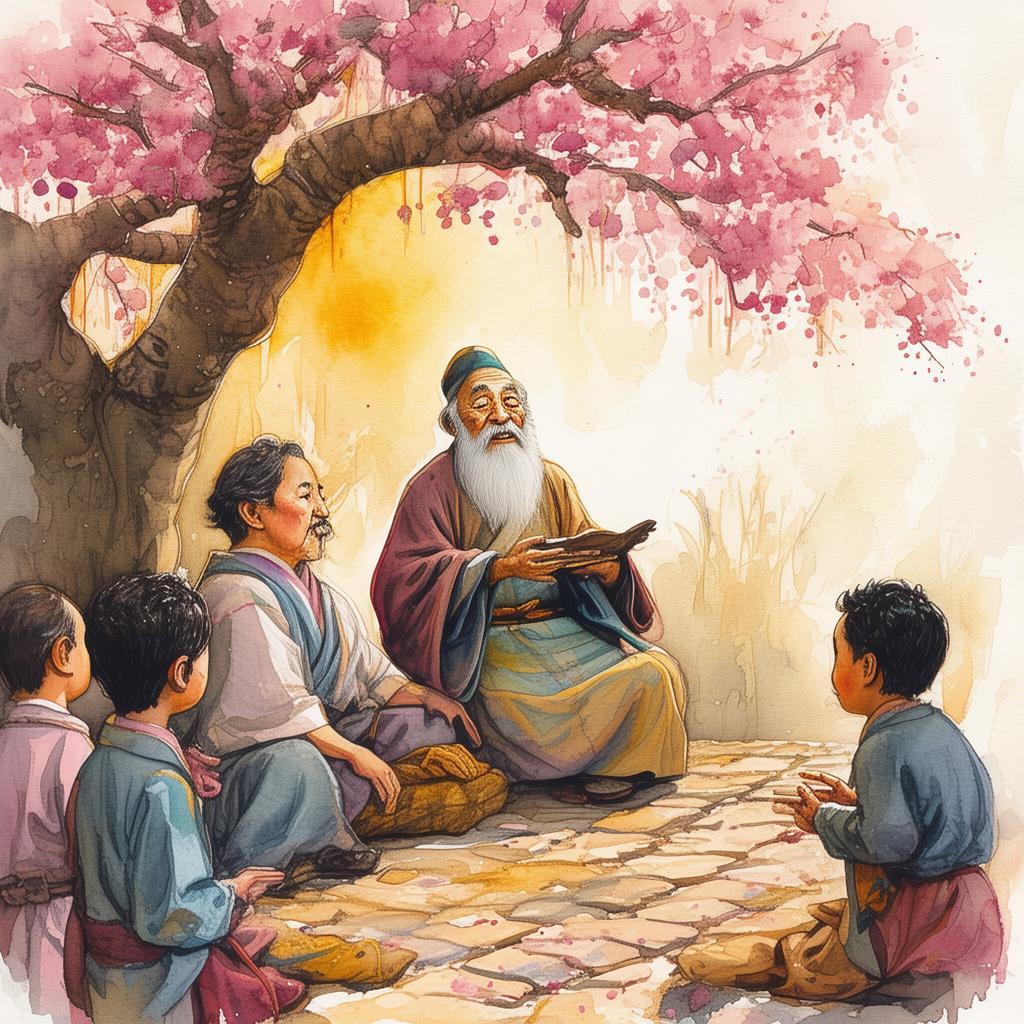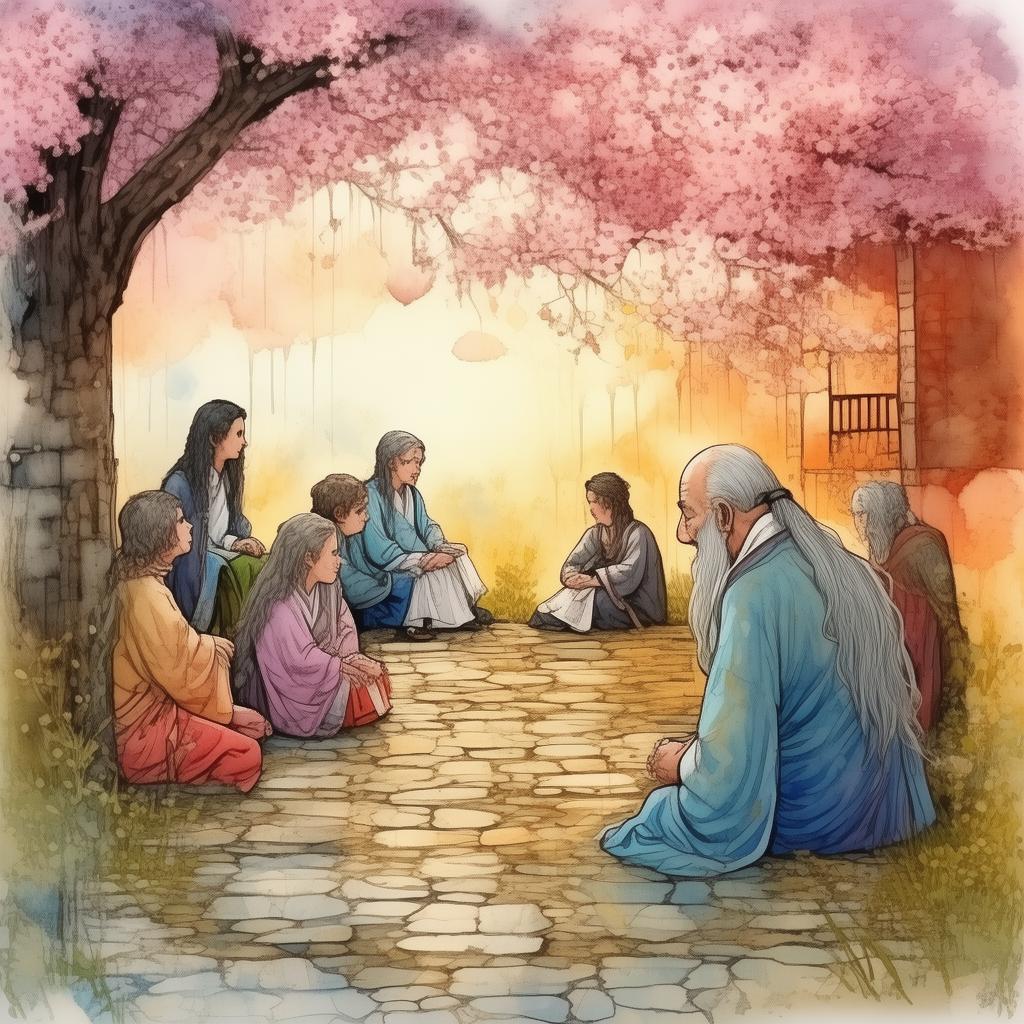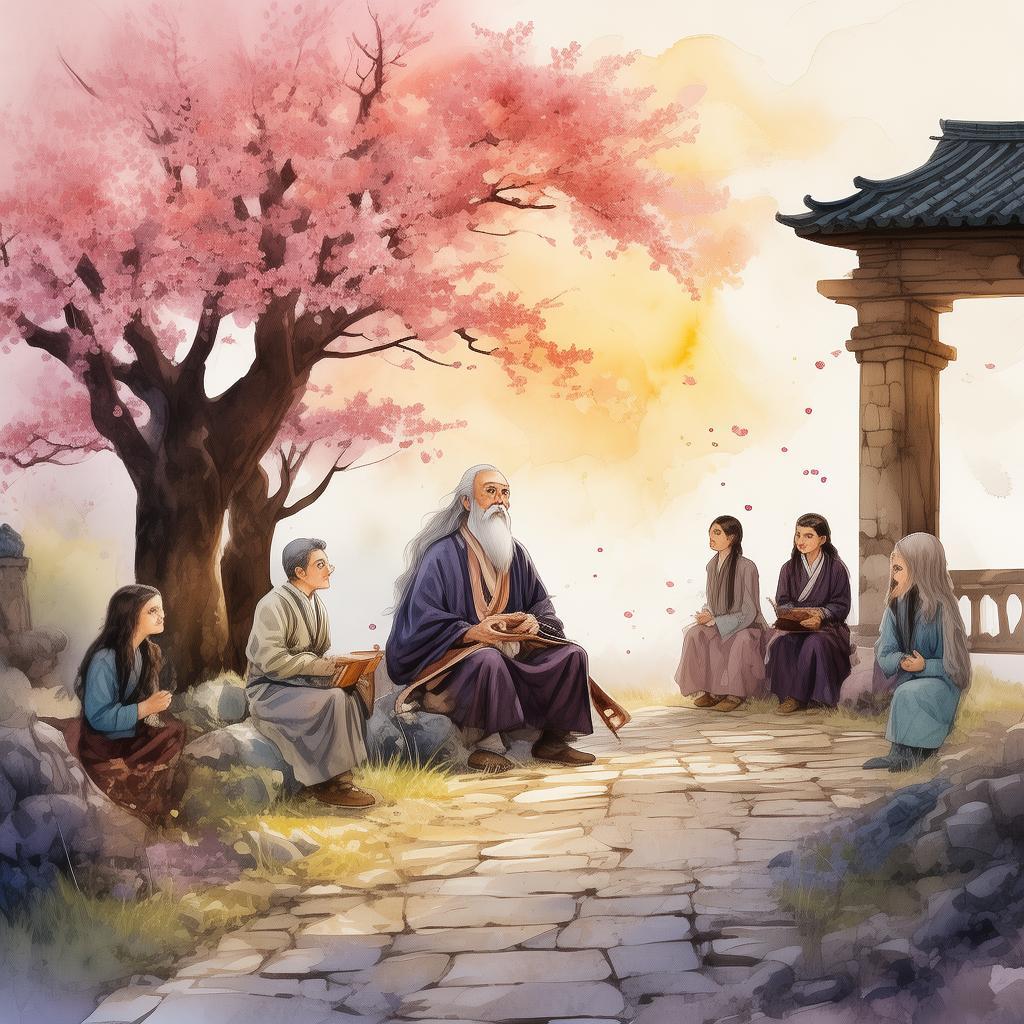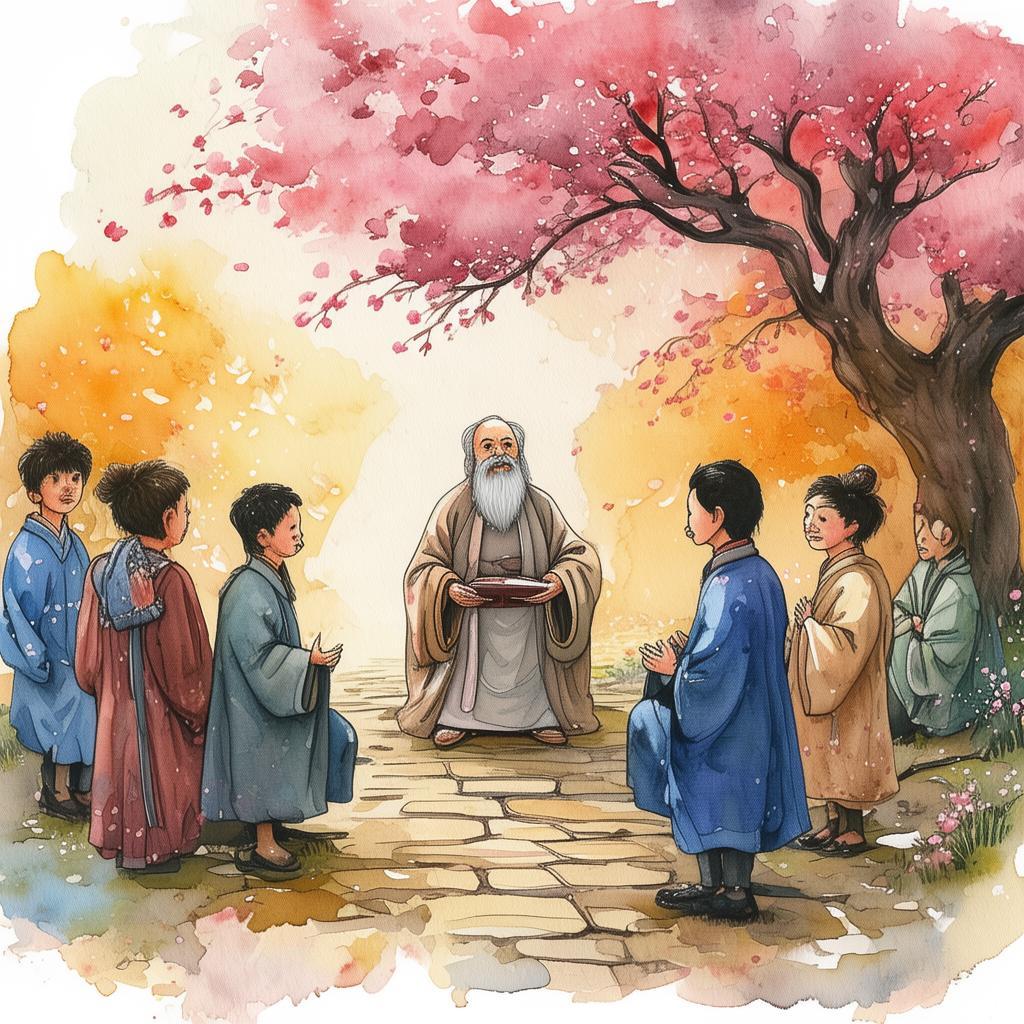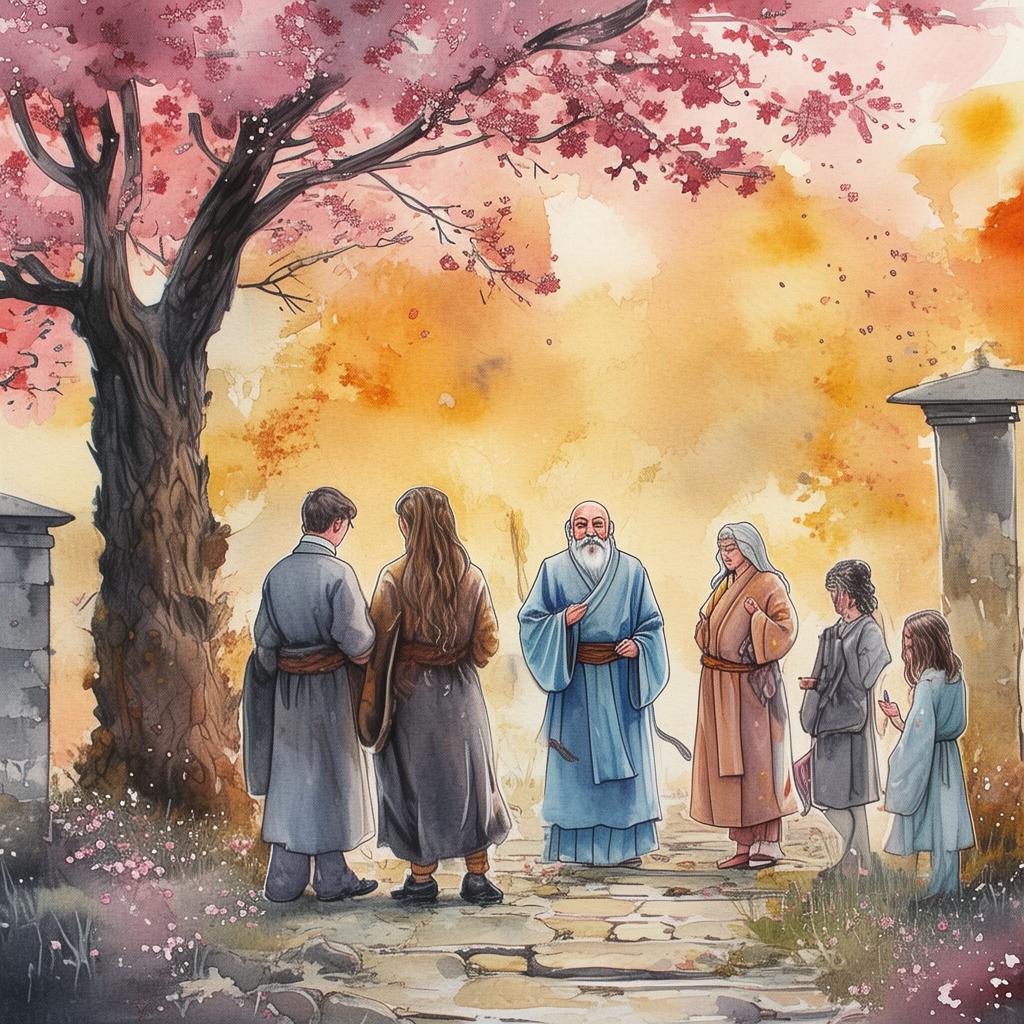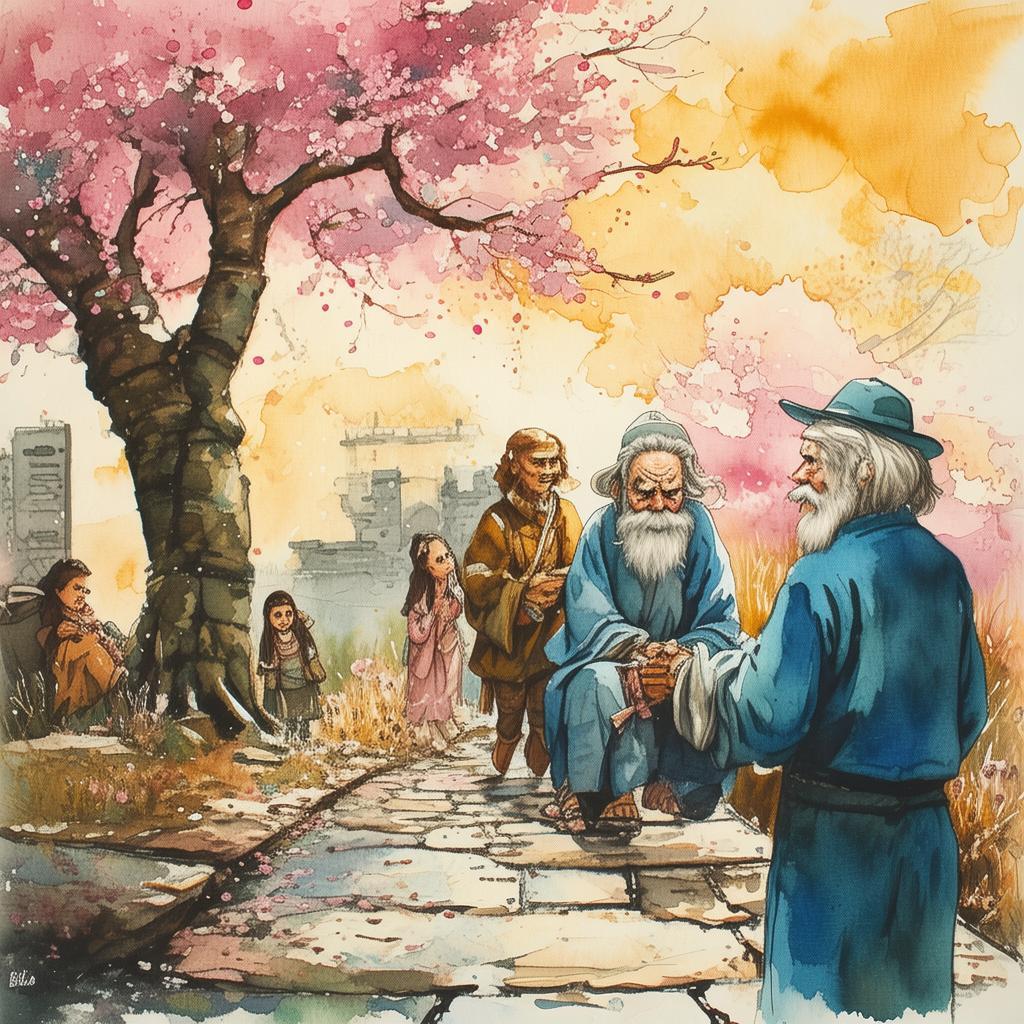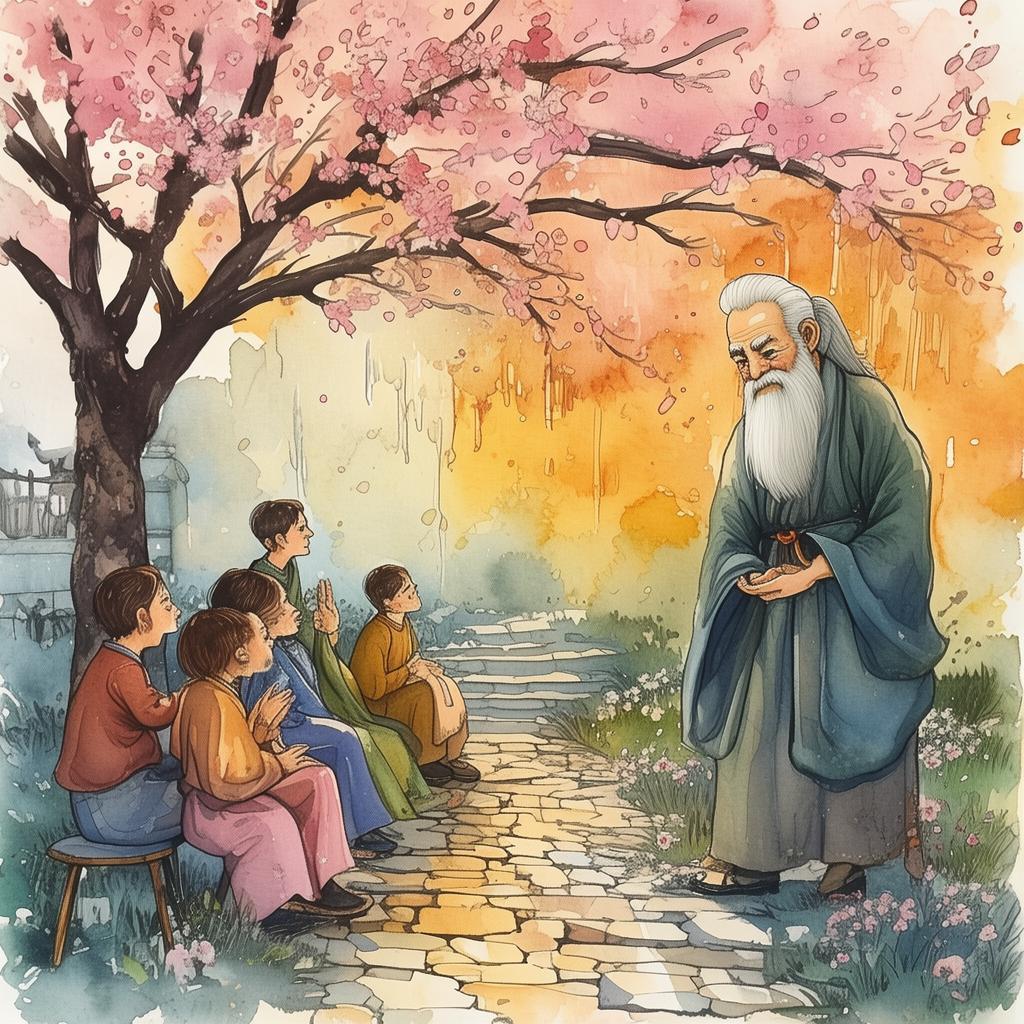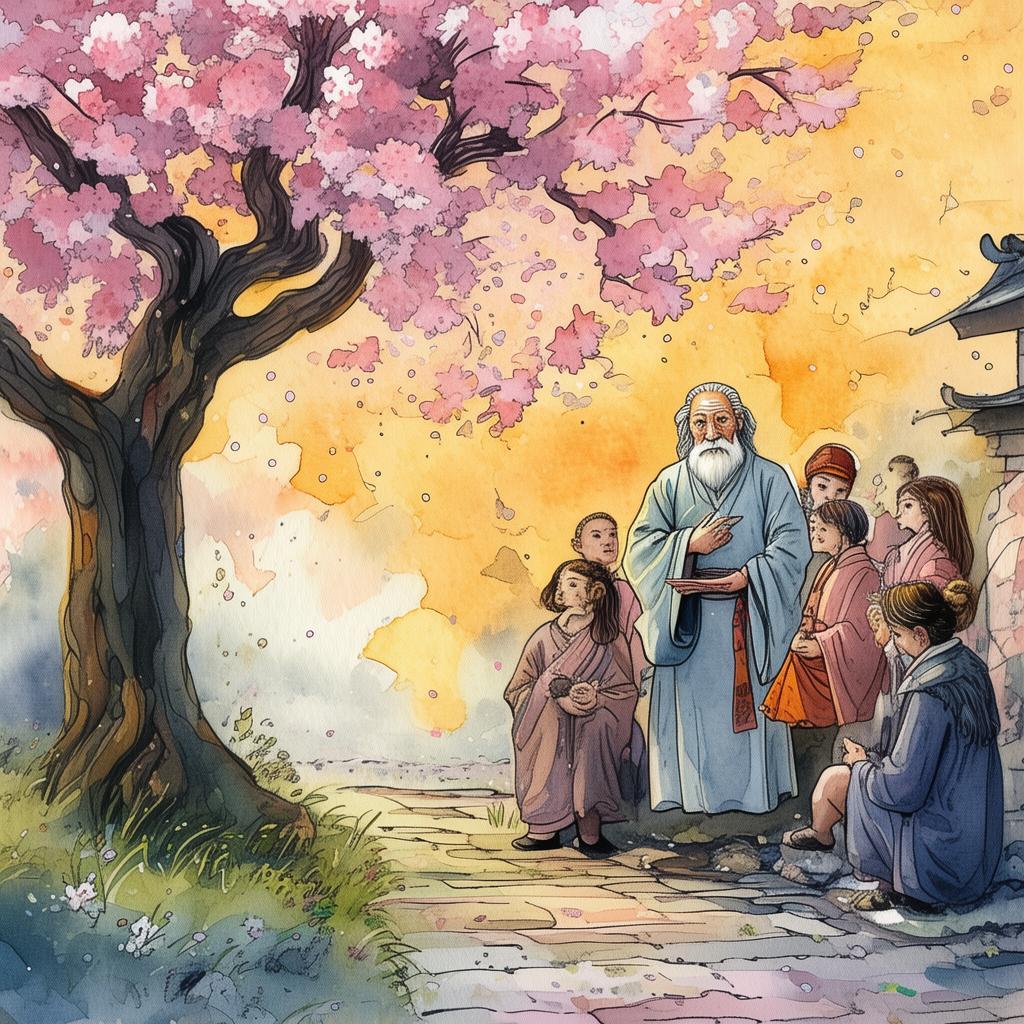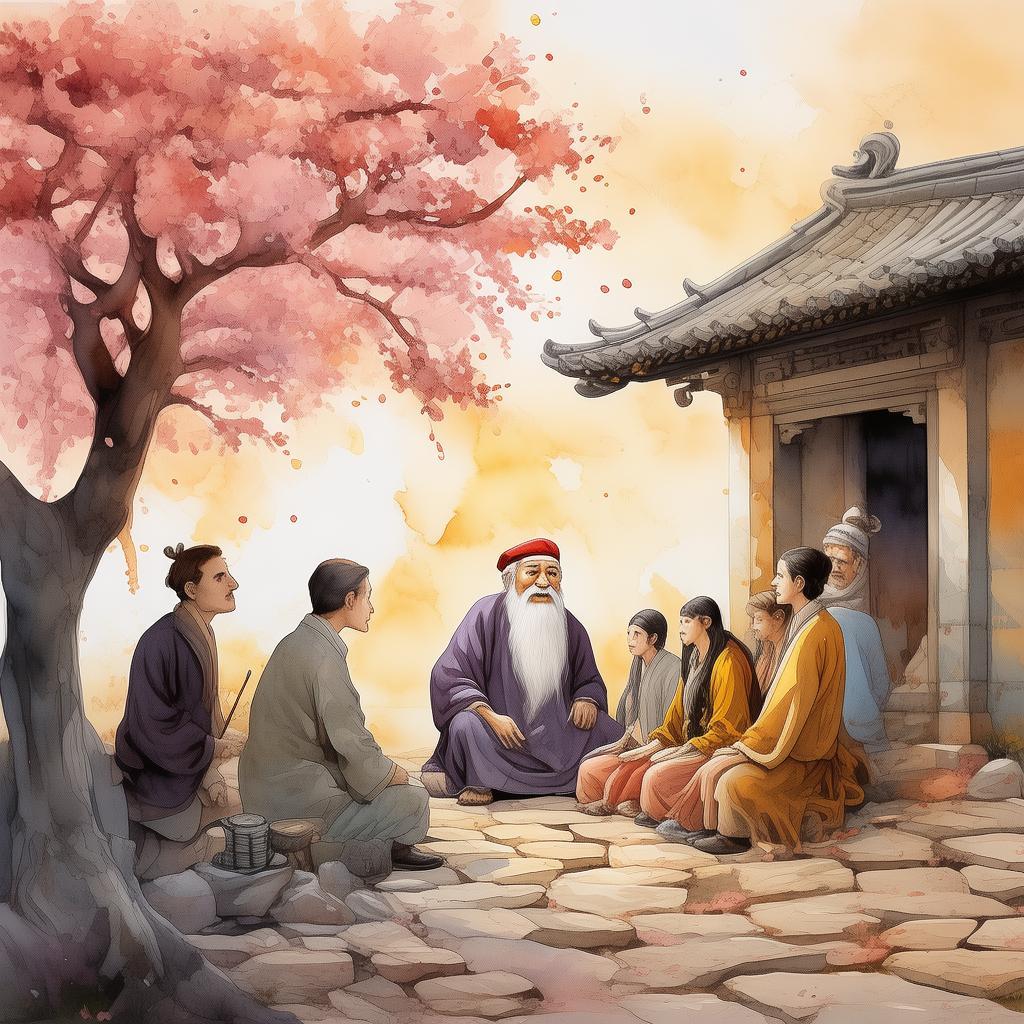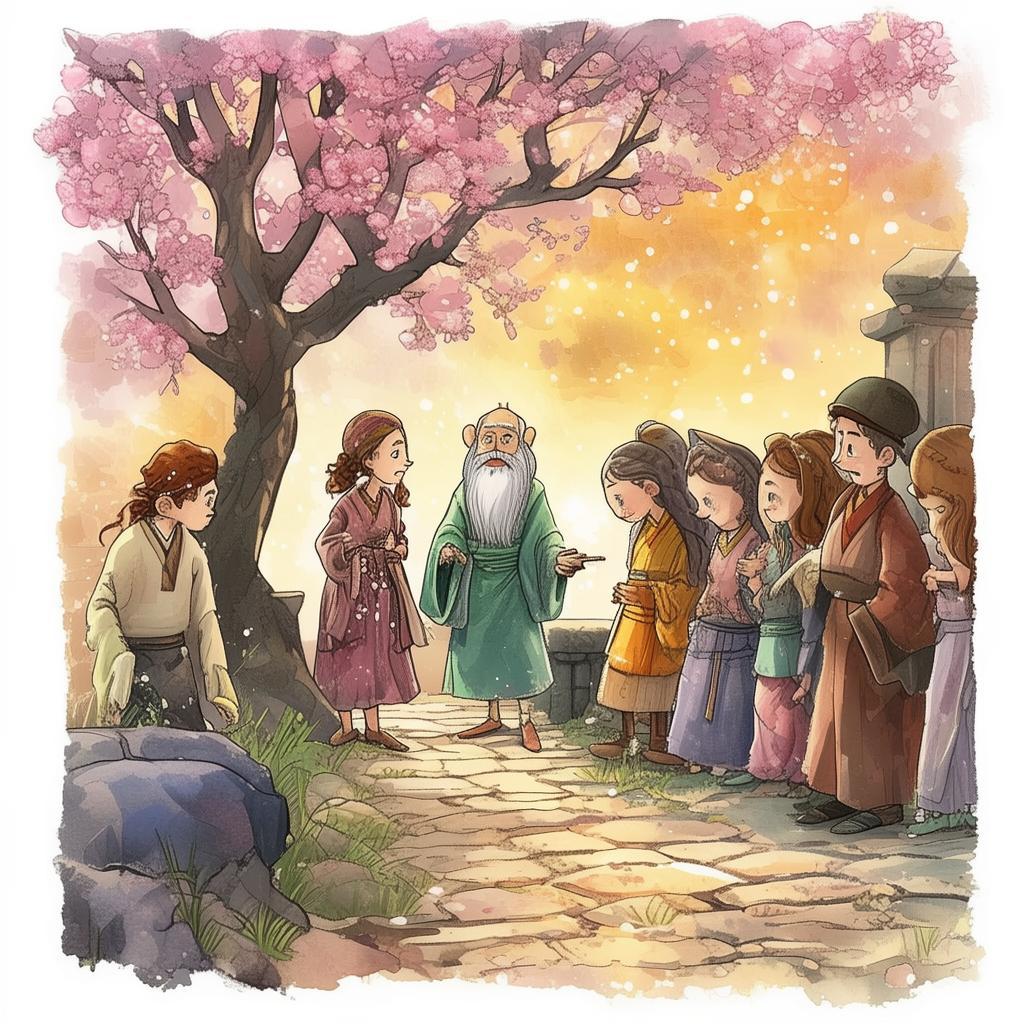The Moonlit Requiem: Wang Bo's Defiant Ode
In the vibrant tapestry of the Tang Dynasty, a time of great prosperity and literary fervor, there lived a poet whose voice could stir the heart and soul of a nation. His name was Wang Bo, and his verses were the whispers of the moon, echoing through the halls of the empire.
The court was a place of intrigue and power, where the pen was mightier than the sword. Wang Bo, with his talent and vision, dared to challenge the status quo. His poetry was not merely lyrical—it was a rebellion against the stagnation of the times.
"The moon, so bright, so distant, a beacon of my soul's escape," he wrote. His words were a testament to his longing for freedom, for a world where creativity and expression were not shackled by the iron fist of tradition.
In the heart of Chang'an, the capital city, the scholars gathered to discuss the finer points of literature. Wang Bo was the rising star, his talent and wit winning him many admirers. Yet, even in the midst of this admiration, there was a shadow cast by the moon, a sense of foreboding.
"The moon, so bright, yet so cold, a silent witness to my plight," his verses would continue. He spoke of the corruption that crept into the halls of power, the betrayal of the spirit by the flesh. His poetry was a clarion call for change, a rallying cry for the hearts of the people.
Yet, Wang Bo's defiance was not without its price. The court, with its vested interests, sought to silence him. Accusations of rebellion were levied, and the poet found himself in the crosshairs of a power struggle. His friends and mentors were pressured to turn against him, but Wang Bo stood firm.
"The moon, so vast, so full, a canvas for my dreams," he declared. He would not be cowed by the threats of the court. Instead, he turned to the people, to the common folk whose hearts were as open to his words as the sky was to the moonlight.
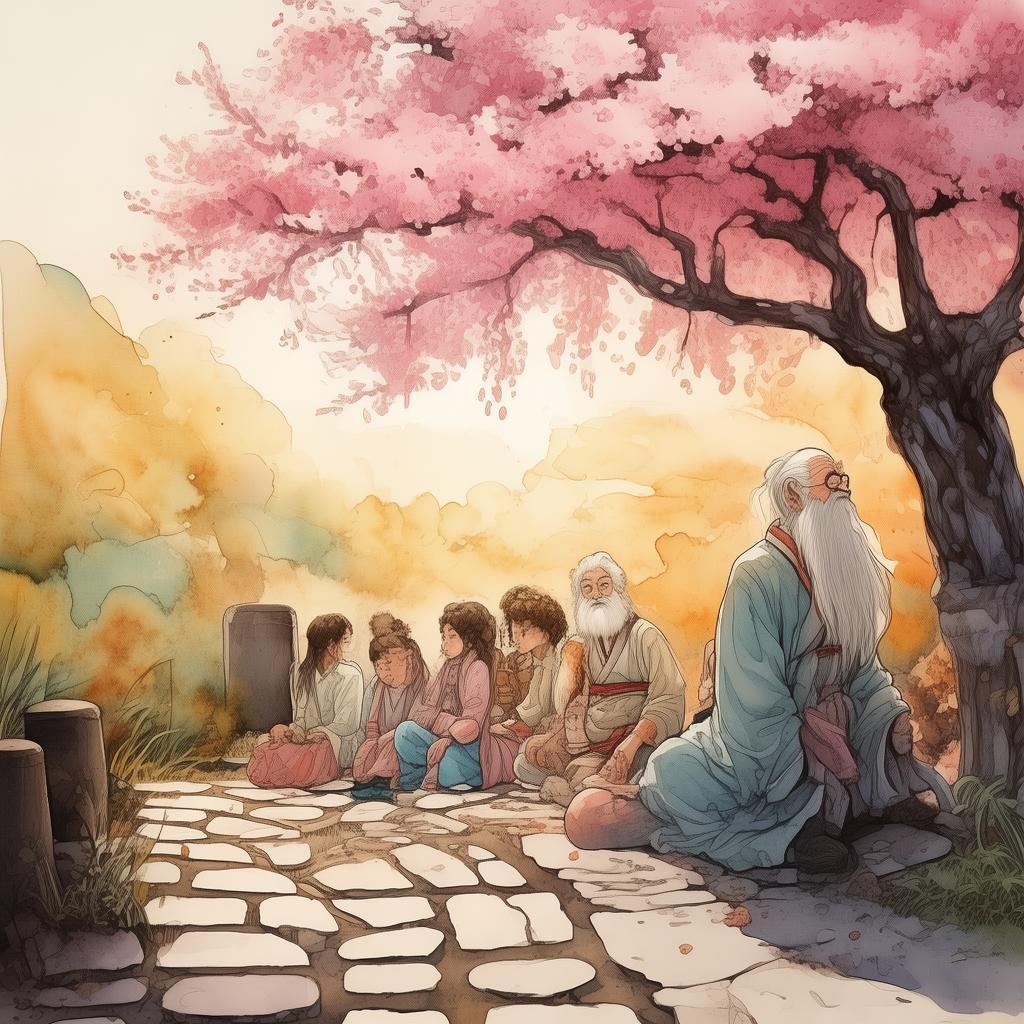
The people of Chang'an were touched by his courage. They gathered in the streets, reciting his poetry, their voices rising like a tide against the current of tyranny. Wang Bo's lyrics became a beacon of hope, a testament to the enduring power of the human spirit.
As the night deepened, the moon hung low in the sky, a silver coin casting its glow over the city. Wang Bo stood atop the wall, his eyes reflecting the moon's light. He knew the end was near, but his heart was full.
"The moon, so beautiful, so ephemeral, like my life," he whispered. He turned to face his fate, his spirit unbroken, his heart unyielding. The moon, his silent companion, seemed to smile, a final benediction.
The night was long, but Wang Bo's spirit remained. His poetry, his lyrical rebellion, lived on in the hearts of the people. The court may have tried to silence him, but Wang Bo's voice was too powerful, too pure, to be extinguished.
The moonlight faded, and a new day dawned. The story of Wang Bo spread far and wide, a testament to the enduring power of the human spirit, and the timeless truth that the light of the moon can illuminate even the darkest nights.
The legacy of Wang Bo, the moonlit requiem of a lyrical rebel, continues to inspire, to challenge, and to change the world, one line of poetry at a time.
✨ Original Statement ✨
All articles published on this website (including but not limited to text, images, videos, and other content) are original or authorized for reposting and are protected by relevant laws. Without the explicit written permission of this website, no individual or organization may copy, modify, repost, or use the content for commercial purposes.
If you need to quote or cooperate, please contact this site for authorization. We reserve the right to pursue legal responsibility for any unauthorized use.
Hereby declared.
